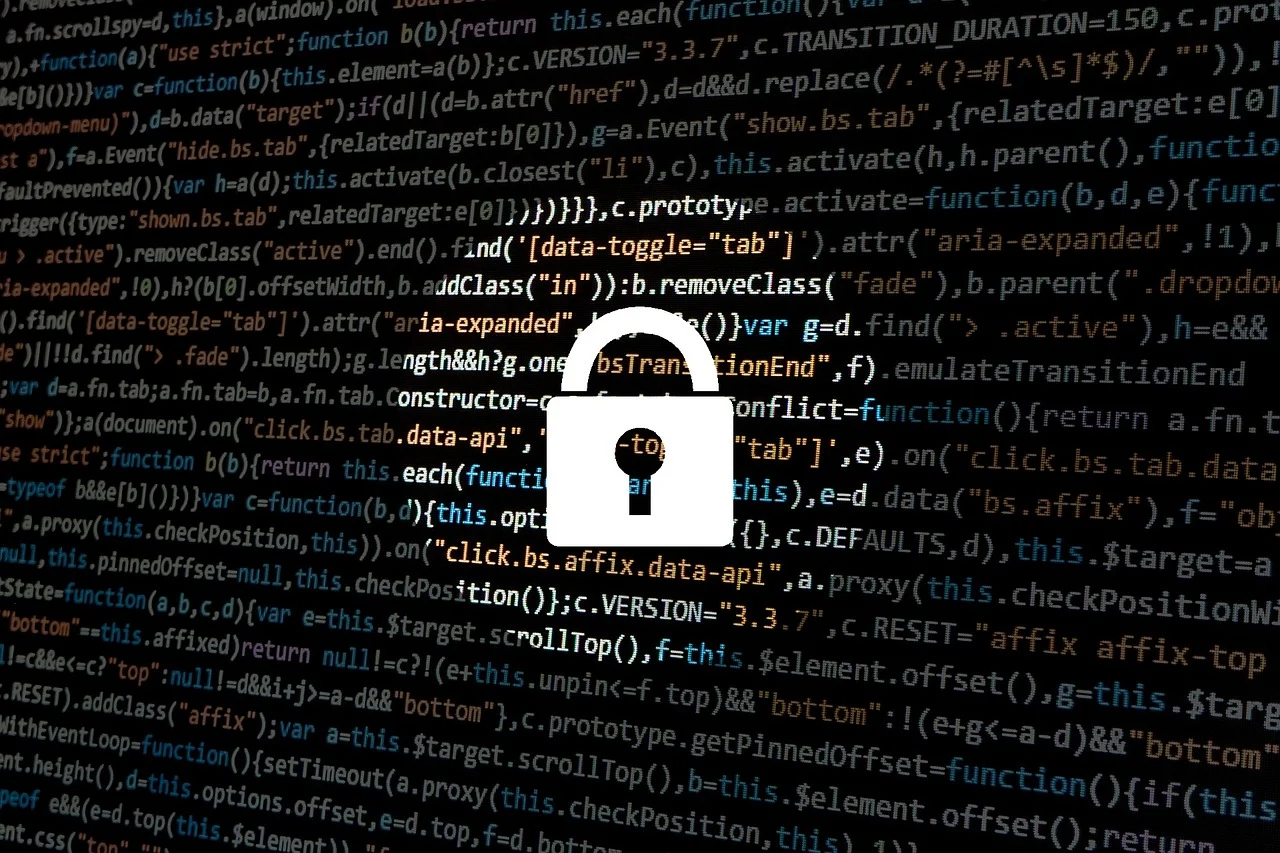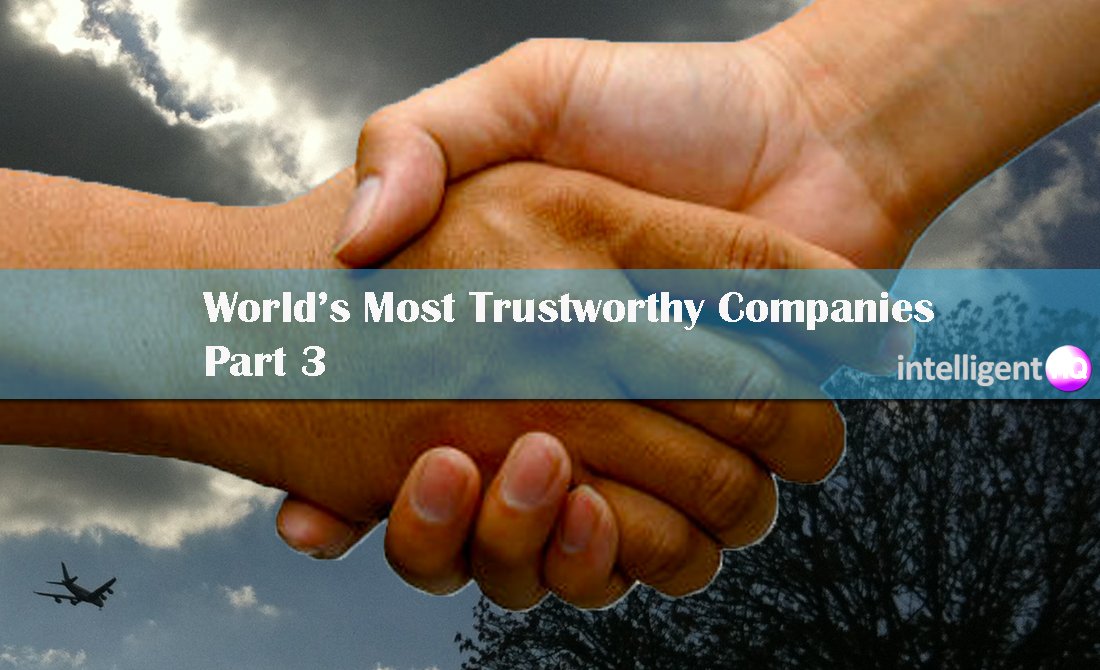Cyberpsychology
Cyberpsychology : What Your Computers Know About You? With our increasing reliance on technology, studying its effects on us and our minds is becoming increasingly important. However, the internet impacts each of us, no matter how tiny. Our thoughts, discussions, and, eventually, our personalities are shaped by what we see on the internet.
Cyberpsychology
Also called web psychology or internet psychology, cyberpsychology is an emerging field focusing on the relationship between the human mind and digital devices. It is a crossroad between cybersecurity and psychology. Cyber psychologists and people who study cyberpsychology use it to understand the impacts of internet use on our minds. That helps them figure out what their patients need to solve their psychological issues.
With time, cyberspace is coming closer and closer to reality, and this blurry distinction is getting hard to tell apart. Some would even say that nowadays your computer knows you better than your friends, which would not be far from the truth.
How does it know?
Have you ever searched for something once and then seen an ad for it on nearly every website you have visited? You might not have been imagining those things. Instead, the internet is following you and tracking your every move online. Sometimes, such ads are useful, but mostly, they are just creepy. Based on your activity on the net, companies aim to ascertain what things you will be most interested in and provide them to you. Cybersecurity is becoming increasingly vital in this world. With it, it is also becoming equally important to understand cyberpsychology. For example, various universities have started to offer a master’s degree in cyberpsychology to explore the intricacies of our growing digital presence.
Unless you block the tracking as soon as you open the internet, you begin to leave digital footprints for the companies to find. Companies’ primary purpose in using your data is to make money. They sell this data to advertisers who use it to sell you products and services. Advertising alone is a big industry and earns a lot.
Additionally, when you go into a website, you accept cookies. These cookies are not as delicious as the cookies your grandmother bakes for you. Instead, these cookies monitor you and store a small amount of data on your computer so that it can recognize you the next time you log in.
What it knows
Your internet stores the most important information: your IP address, meaning your location. It is the same as your real-world address. So, for example, suppose you send a letter to someone. If they want to send it back, they will look at the address written on the envelope and post it. If you replace the letter in this example with an internet package, that’s how IP addresses work.
Your computer can determine your personality based on the websites you go on, the shows and movies you watch, and the things you spend money on online. These features, combined with various applications and software that have now come into the market, computers can judge your personality with accuracy in less than a second.
One of the major tests conducted to assess personality is a 100 questions quiz called factor analysis. These tests categorize people into five personality types; conscientiousness, neuroticism, openness, agreeable, and extraversion. Experiments have been carried out to test the accuracy of these tests. Based on these reports, the personality types predicted by computers are 15% more accurate than personality types indicated by friends.
How to know what they know
Several websites and programs can help you figure out what information you are leaking online. Over time, it is becoming more and more essential to check what your digital devices are occasionally recording.
One example is ‘Cover Your Track’ when you hit the test me button on this website. You can check what and how the internet is tracking you. Finding this out can help you figure out how to stop it.
Dangers of the internet
Regardless of how solid your online protection measures are, your data or an organization’s private information can be handily compromised. For example, suppose you are uninformed and controlled to play out specific activities, such as offering your login qualifications, bank subtleties, and even exchanging cash. In that case, you may handily succumb to social designing cybercriminals.
Ignorance can sometimes be bliss but staying naïve about the tracking can lead you to dangerous situations. For example, you can get manipulated to perform actions that facilitate cybercriminals in their attacks. Spear phishing is such an act that is focused on targeted attacks that trick individuals into revealing confidential information. These attacks, along with others, rely on social engineering by criminals. Social engineering is one of the three fields in cyberpsychology. Other fields are online privacy and cyberbullying.
Organizations ought not just to depend on defensive measures. On the off chance that they do not work, organizations should have a digital strength program set up to have the option to effectively and uninterruptedly proceed with their action. This program includes knowing how to treat digital fiasco strikes and preparing your workers to perceive the indications of cybercrime.
Cyberbullying research initially began as a reaction to the continuous utilization of innovation among youngsters and expected to recognize and concentrate on the impact exploitation can have on individuals.
It was demonstrated that internet-based badgering could mentally affect people, causing genuine mental, social, and intense subject matters. Tragically, it progressively extends through whole networks worldwide and surprisingly in the working environment. Cyberpsychology is, as of now, not an arising field. Still, instead, an independent discipline inside the social sciences shows up because innovation has significantly changed how we work, associate with one another, and invest our free energy.
Final Thoughts
Since machines and the internet significantly impact us, both at home and in business, they must continue to progress. As a result, we can more readily comprehend squeezing matters inside our general public through its further rise, going from online addictions to profiling cybercriminals and getting a handle on the underlying driver of cyberattacks.

Founder Dinis Guarda
IntelligentHQ Your New Business Network.
IntelligentHQ is a Business network and an expert source for finance, capital markets and intelligence for thousands of global business professionals, startups, and companies.
We exist at the point of intersection between technology, social media, finance and innovation.
IntelligentHQ leverages innovation and scale of social digital technology, analytics, news, and distribution to create an unparalleled, full digital medium and social business networks spectrum.
IntelligentHQ is working hard, to become a trusted, and indispensable source of business news and analytics, within financial services and its associated supply chains and ecosystems






























